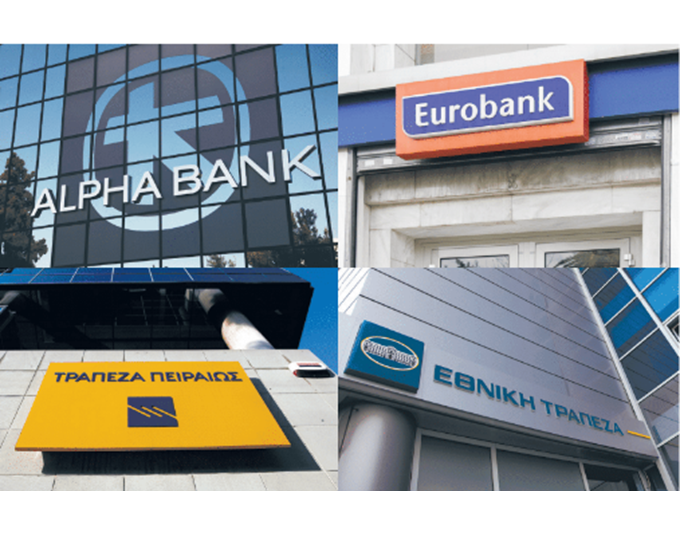
Greek banks’ profile is solid, their capital base and quality of their assets improved, while their revenue growth is significantly up, a DBRS report focusing on the country’s four systemic lenders – Alpha Bank, Eurobank, National Bank and Piraeus Bank – revealed on Tuesday.
Specifically, the credit rating agency said Greek banks reported an aggregate net profit of 3.7 billion euros in 2022, compared to a net loss of 4.7 billion euros in 2021.
Revenues in 2022 reflected improvement in all sectors, including net interest income (NII), net fees and other income. Cost management remained sound, despite inflationary pressures.
Loan loss provisions and cost of risk were down markedly in 2022, and asset quality improved further in the year, driven by de-risking, low new non-performing exposure (NPE) inflows and higher new loans. Their ample, growing and mostly granular deposit bases provide Greek banks with a rather stable, albeit moderately diversified, funding mix. Liquidity was sound and capitalization improved after the previous impact of de-risking, DBRS said.
“2022 results benefitted from higher revenues, lower operating expenses and reduced credit costs. The faster repricing of loans than deposits has contributed to increase NII to date, however, we expect this to reduce due to higher funding costs,” according to Andrea Constanzo, a vice-president of DBRS Morgningstar Global Financial Institutions. “Capital buffers are sufficient to absorb unrealised losses on the fixed income securities at amortized cost, in the event these materialised due to any funding and liquidity stress after the collapse of SVB and Signature Bank in the US,” the credit rating firm’s report stated.
Latest News

Athens Int’l Airport Wins Top Prize at Routes Europe Awards
The Routes business is focused entirely on aviation route development and the company's portfolio includes events, media and online businesses
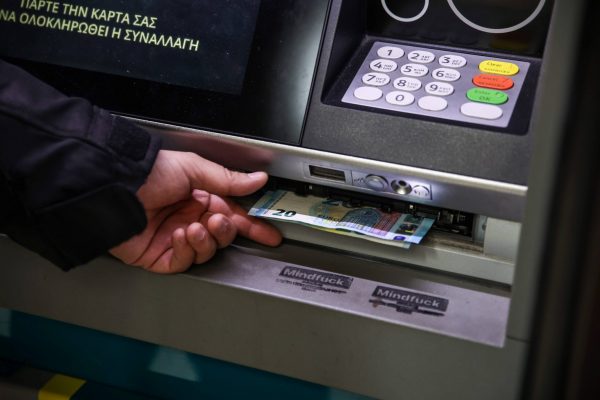
IOBE: Income Gap Between Poor and Wealthy Greeks Widens
The findings in the analysis, entitled “Progressivity in Income Taxation in Greece, 2012-2021", paint a bleak picture for Greeks in the bottom half of the income bracket, warning that income inequality is growing

Study Finds 4 in 10 Greeks to Slash Easter Spending
This year, hit by persistent inflation, many Greeks will be dishing out less on food, drink and gifts for Orthodox Easter on May 5

ELSTAT: Overnight Stays in Greece Up in Feb.
The provisional monthly data revealed that arrivals at tourist accommodations amounted to 773,104 and overnight stays were 1,677,685

Electric Energy: Greece’s New Sustainable Export
Moreover, a surplus of generated electricity cannot be fully absorbed by domestic grids and this excess power finds eager buyers in the form of companies entering into Power Purchase Agreements (PPAs), willing to pay a premium for clean energy
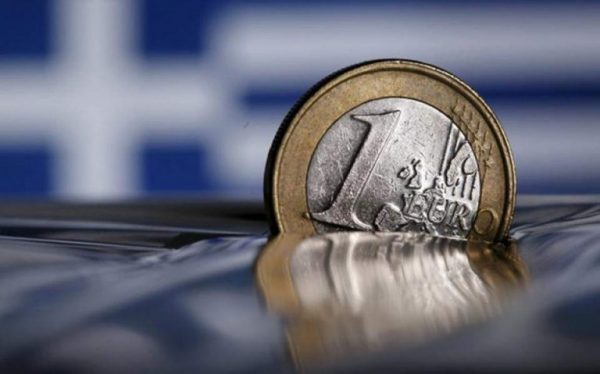
IOBE Revises Greek GDP Growth Downward, to 2.1% For 2024
Annual inflation is expected to reach 3%, up from the previous forecast of 2.8%

Last Sections of 136km E65 Highway Inaugurated on Tues.
Athens to Karditsa drive time is expected to drop to two and a half hours (under normal conditions), and some three hours from Athens to Trikala
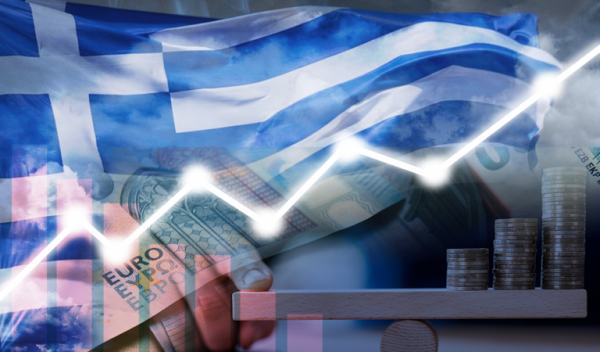
Reuters: Greece to Repay More Bailout Loans Ahead of Maturity in 2023
The country has relied solely on international markets for its borrowing needs since a third institutional bailout ended in 2018

Ag Min. Avgenakis: Greece-China Cooperation in Research, Education in Agri-Food Sector
Greek minister tours cutting-edge hydroponics and robotics facilities at the Chinese Academy of Agricultural Sciences in Beijing

Mini Holiday Season in Greece for Upcoming Orthodox Easter
Occupancy rates reach up to 90% domestically for accommodations open ahead of peak summer season










































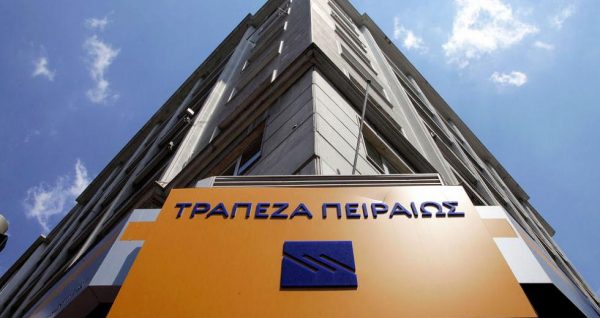
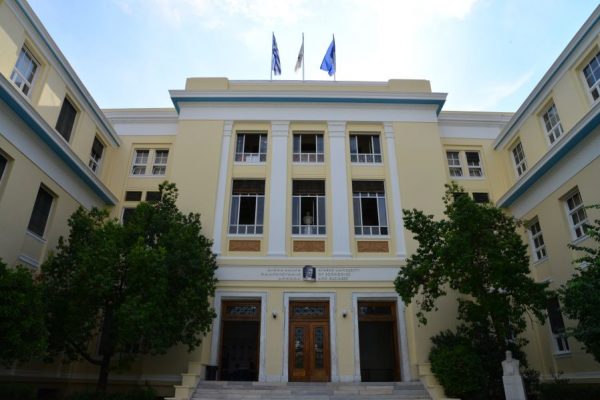
 Αριθμός Πιστοποίησης Μ.Η.Τ.232433
Αριθμός Πιστοποίησης Μ.Η.Τ.232433